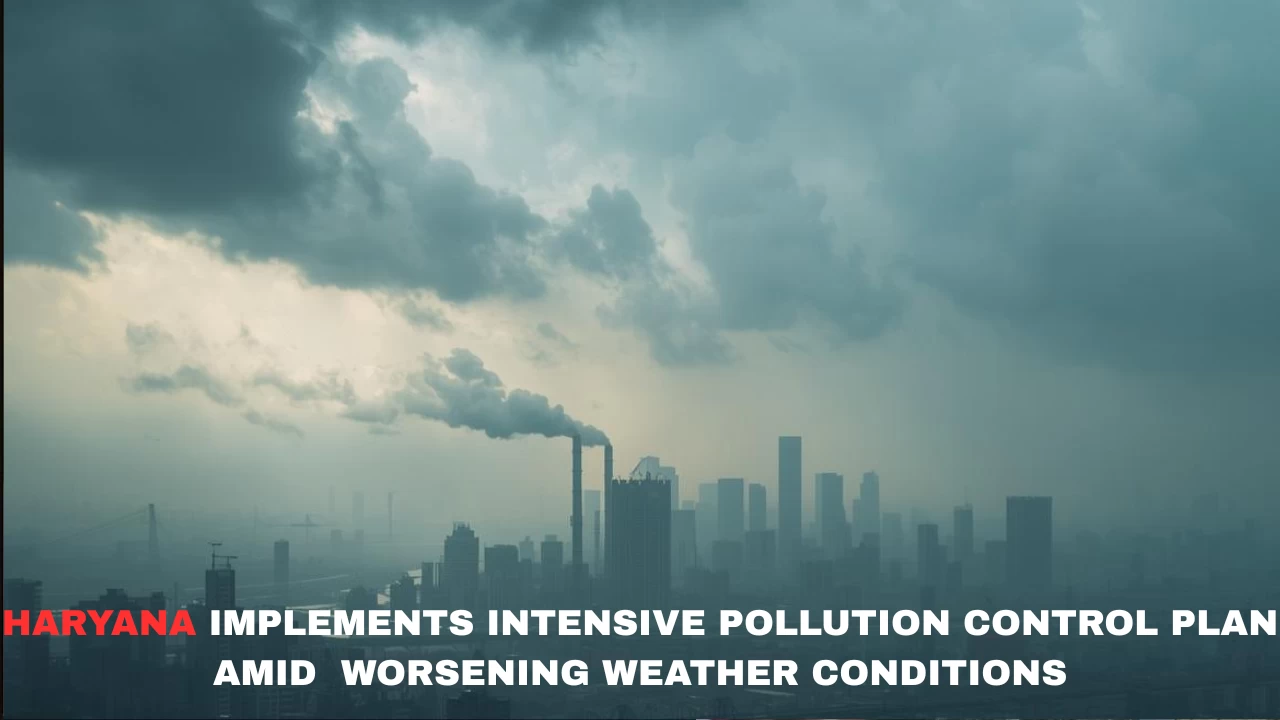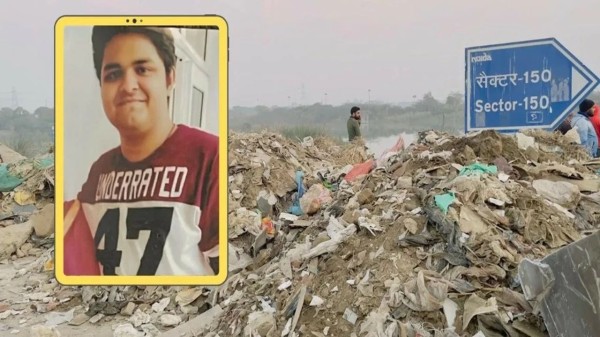

By signing in or creating an account, you agree with Associated Broadcasting Company's Terms & Conditions and Privacy Policy.


By signing in or creating an account, you agree with Associated Broadcasting Company's Terms & Conditions and Privacy Policy.

New Delhi: Considering the alarming levels of AQI, Haryana presented an intensive pollution control plan to combat the deteriorating air quality in the National Capital Region (NCR). During a review meeting held by the Union Ministry of Environment, Forest and Climate Change (MoEFCC), Additional Chief Secretary (ACS) for Environment, Forests and Wildlife, Sudhir Rajpal, claimed that stubble burning has been halved compared to 2024.
An official spokesperson stated that the ACS confirmed Haryana has executed a series of short-term and long-term measures. These measures would be implemented across key sectors—including transport, agriculture, municipal management, and power generation—to curb pollution in NCR-linked districts. Rajpal noted at the meeting that measures to reduce vehicular emissions have been highly effective, including taking diesel autos off the roads, deploying mechanical road-sweeping machines in Gurugram and Faridabad, and controlling road dust across urban areas.
Brick kilns in the districts have been converted to using paddy-straw-based pellets and briquettes, ensuring both clean fuel usage and stubble-management efforts. Furthermore, the Gurugram and Faridabad Metropolitan Development Authorities have implemented IT-based technological systems. The systems would primarily monitor farm fires, enabling real-time detection and prompt action, while electric buses have been deployed to reduce emissions in urban centres.
The high-level meeting also gave the green signal to Haryana's World Bank-supported Clean Air Programme. The project aims to strengthen air quality management systems across the state while synergising efforts undertaken by the Government of India. One of its key focuses will be on designing and implementing sector-specific air pollution abatement measures and facilitating coordination among Indo-Gangetic Plain (IGP) states to reduce cross-border emissions.
MoEFCC officials reviewed the current air quality scenario and sought detailed updates from state governments on the implementation of pollution-control actions mandated for the winter months.












